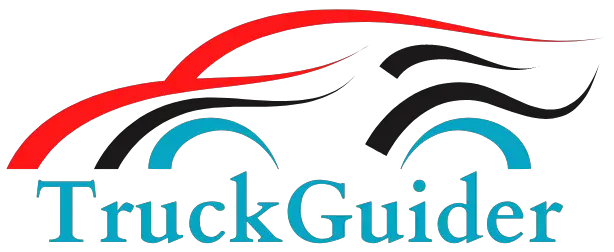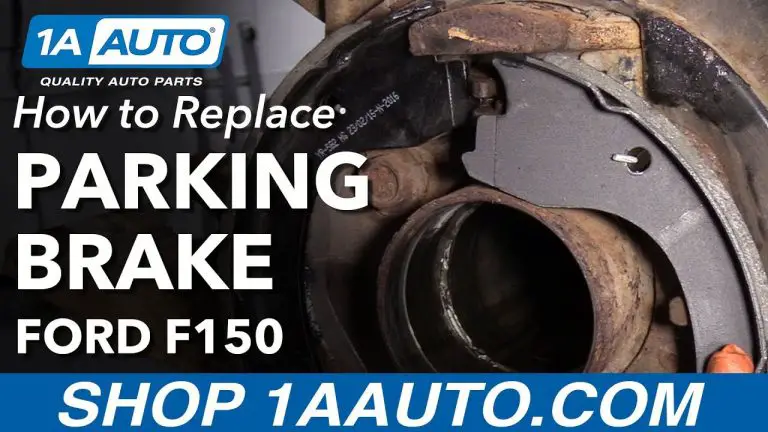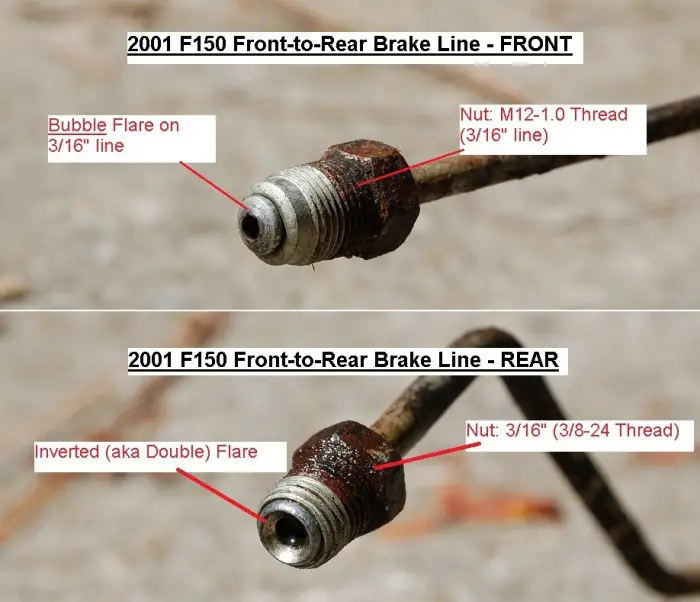Ford F350 Hydroboost Problems
If you own a Ford F350 and have hydroboost problems, you’re not alone. Many owners of this popular truck have reported issues with their hydroboost system, especially when towing or hauling heavy loads. While Ford has issued a few recalls for this problem, it’s still a common issue that can be expensive to fix.
If you own a Ford F350, you may have experienced hydroboost problems. The hydroboost is responsible for providing power steering and braking assistance, and when it fails, it can cause these systems to fail as well. There are several symptoms of hydroboost failure, including loss of power steering assist, hard or no brakes, and strange noises coming from the engine compartment.
If you experience any of these issues, it’s important to take your truck to a qualified mechanic or Ford dealer for diagnosis and repair. Hydroboost problems can be expensive to fix, but they’re often covered by extended warranties.

Credit: www.youtube.com
How Do You Know If Your Hydroboost is Bad?
If your vehicle has a hydroboost system and it isn’t working properly, there are a few things you can look for to troubleshoot the issue.
First, check the fluid level in the hydroboost unit. If it’s low, that could be the problem.
You should also check for leaks in the system. A leaky hydroboost unit will need to be replaced.
Next, check the power steering pump.
If the pump is not providing enough pressure, that could be causing the problems with your hydroboost system. Make sure the pump is filled with fluid and that there are no leaks in the line leading to the hydroboost unit.
If those two things check out, then it’s possible that there is an issue with the hydroboost itself.
Unfortunately, if this is the case, you’ll likely need to replace the unit.
Does Hydroboost Affect Power Steering?
If you own a car, you may have heard of the term “hydroboost.” But what is hydroboost, and how does it affect power steering?
Hydroboost is a type of power steering system that uses hydraulic pressure to assist in steering the vehicle.
This system is often used in larger vehicles such as trucks and SUVs. Hydroboost systems are typically more powerful than other types of power steering systems, making them ideal for use in larger vehicles. However, hydroboost systems can also be more expensive to repair if they break down.
So, does hydroboost affect power steering? In short, yes. Hydroboost assists in steering the vehicle by using hydraulic pressure.
However, if the hydroboost system breaks down, it can be more expensive to repair than other types of power steering systems.
How Do You Test a Hydroboost Brake?
If your car has a hydroboost brake system, you will need to know how to test it to ensure that it is working correctly. A hydroboost brake system uses hydraulic pressure to boost the braking power of the vehicle. This system is often used in vehicles that have larger engines or are heavier and need more braking power.
To test the hydroboost brake system, you will need:
-A pressure gauge
-A helper
1) With the engine off, pump the brakes several times to build up pressure in the system.
2) Have your helper start the engine and let it idle while you hold your foot on the brake pedal.
3) The pressure should increase as the engine is running.
If it does not, there may be a problem with the system.
4) Once you have verified that there is pressure in the system, release the brake pedal and let your helper turn off the engine.
How Do You Get Air Out of Hydroboost?
If your car has a hydroboost system, chances are you will eventually need to know how to bleed the air out of it. Here are some instructions on how to do just that:
1. Locate the bleeder valve on the hydroboost unit.
This is usually located near the top of the unit.
2. Using a wrench, open the bleeder valve slightly and then close it again immediately. You may need to repeat this step several times in order to get all the air out of the system.
3. Once all the air is bled out, close the bleeder valve and check your brakes for proper operation before driving your car again.
Hydro-Boost problem
Bad Master Cylinder Or Hydroboost
If you’re having trouble with your brakes, it may be due to a bad master cylinder or hydroboost. Here’s how to tell the difference between the two:
A bad master cylinder will cause your brakes to feel spongy when you press the pedal.
You may also notice that your brake pedal sinks to the floor when you press it. This can be dangerous, as it means that your brakes may not work properly in an emergency situation.
A bad hydroboost will also cause your brakes to feel spongy, but you’ll also notice that the power steering is affected.
The steering may feel heavy and difficult to turn. This can also be dangerous, as it means that you may not be able to control your car in an emergency situation.
If you suspect that either of these components is failing, it’s important to have them checked out by a mechanic as soon as possible.
In the meantime, drive cautiously and be prepared to stop sooner than usual if necessary.
F350 Brake Booster Problems
If you have a Ford F350, you may have experienced brake booster problems. The brake booster is a vital part of the braking system, and when it fails, it can cause braking issues. There are several symptoms of a failing brake booster, including:
-The brake pedal feels hard to press
-The brakes feel less responsive than usual
-The engine struggles to start
If you notice any of these symptoms, it’s important to take your truck to a mechanic as soon as possible. A failing brake booster can be extremely dangerous and can lead to accidents.
There are several reasons why your brake booster may fail.
One common reason is a leak in the vacuum hose that connects the booster to the engine. This hose can develop leaks over time, which will cause the booster to lose its ability to function properly. Another common problem is a faulty check valve in the booster itself.
This valve prevents air from entering the Booster, but if it fails, it can allow air to enter, which will also cause problems with the brakes.
Once your mechanic has diagnosed the problem with your brake booster, they’ll be able to make repairs or replacements as necessary. In most cases, simply replacing a leaking vacuum hose or faulty check valve will fix the problem and get your brakes back up and running like new again.
Bad Hydroboost Symptoms
Bad hydroboost symptoms can include a loss of power steering, a hard brake pedal, and increased stopping distances. These symptoms can be caused by a number of things, including a leak in the hydroboost unit, an air leak in the system, or a problem with the pump. If you’re experiencing any of these symptoms, it’s important to have your vehicle checked out by a qualified mechanic as soon as possible.
Hydroboost Brake Pedal Will Not Return
If you have a hydroboost brake system in your vehicle, and the brake pedal will not return to its original position, there are a few things that could be causing the problem. First, check the power steering fluid level and add more if it is low. If that does not fix the problem, then the next thing to check is the vacuum hose that goes from the engine to the hydroboost unit.
Make sure that this hose is not damaged or leaking. If it is, replace it. Finally, if neither of these solutions work, then you may need to replace the hydroboost unit itself.
Conclusion
If you own a Ford F350, you may have experienced hydroboost problems. This can be a frustrating issue, as it can cause your truck to lose power steering and brakes. There are several possible causes of hydroboost problems, so it’s important to troubleshoot the issue to find the root cause.
In most cases, hydroboost problems are caused by leaking hydraulic fluid or a faulty pump. If you suspect that your hydroboost system is not working properly, take your truck to a qualified mechanic for diagnosis and repair.





